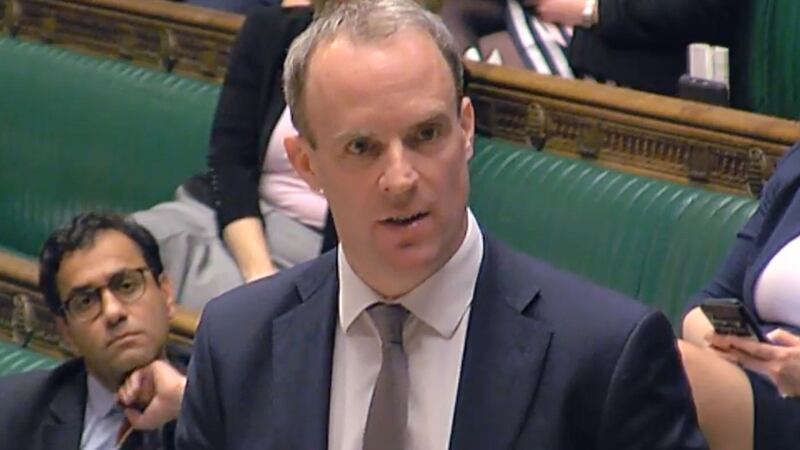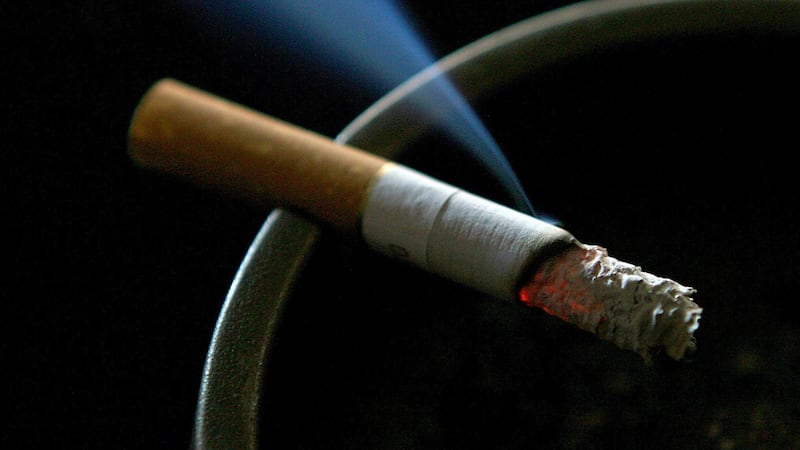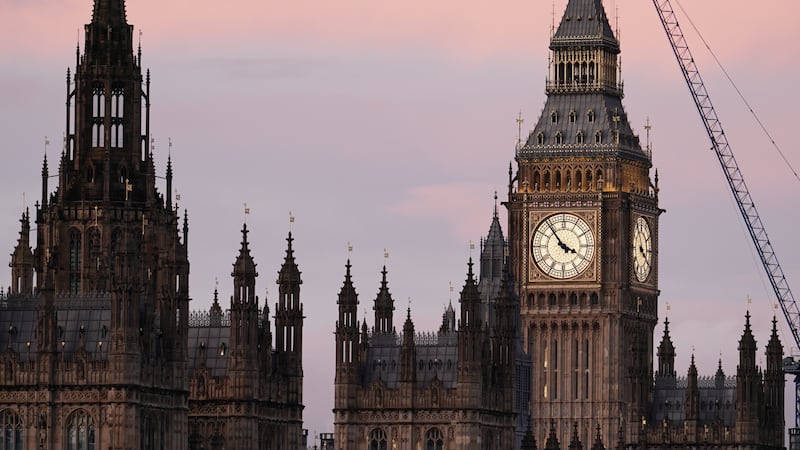Foreign Secretary Dominic Raab has said British citizens are being advised against non-essential foreign travel for 30 days.
In a Commons statement, he told MPs: “Based on the fast-changing international circumstances today I am announcing changes to FCO (Foreign and Commonwealth Office) travel advice.
“UK travellers abroad now face widespread international border restrictions and lockdowns in various countries.
“The FCO will always consider the safety and the security of British nationals so with immediate effect I’ve taken the decision to advise British nationals against non-essential travel globally for an initial period of 30 days and of course subject to ongoing review.”
The Irish Government last night recommended all citizens should avoid non-essential overseas travel until March 29 in a bid to prevent the spread of the coronavirus.
Tánaiste Simon Coveney told a press briefing in Dublin that the Government’s advice against all non-essential movement out of the Republic includes the UK but not Northern Ireland.
“Distinguishing between countries is increasingly difficult because of the rapid pace of the spread of the virus,” the Tanaiste said.
“We don’t want Irish people stranded in different parts of the world and Europe unable to get home.”
On Monday, 54 new cases were confirmed in Ireland, most in the east of the country.
Dr Tony Holohan, chief medical officer, said; “The behaviours we adopt in the next seven days will form the template for how we interrupt the spread of this virus over the coming months.
“We need to sustain social distancing, respiratory hygiene and these new ways of behaving if we are to succeed in minimising the threat posed by Covid-19.”
Trinity College in Dublin said it was asking students to leave campus accommodation because large highly-concentrated numbers of students living there will increase the chance of rapid transmission.
Mr Coveney said the travel restrictions will be imposed on everyone who enters the Republic from now on. People who arrive will be asked to restrict their movements.
He said: “It is not quite self-isolation but involves significant restrictions.”
He said non-essential travel can be defined as “people who are choosing to go overseas and do not need to. This is our clear health advice”.
“We cannot be sure if they can get back and we predict there will be major disruptions to all flight activity in the coming weeks.
“Non-essential travel should not be happening to and from this island – we want to keep people safe and we want to ensure people get back safely.”
Irish premier Leo Varadkar said he expects an “exponential rise” in confirmed cases of Covid-19 in the Republic every day for the next couple of weeks.
He said there could be 15,000 by the end of March.
He added that most people will not require a stay in hospital but some will require intensive or critical care.
“The objective is to flatten the curve but the curve has to rise exponentially before it decreases,” the Taoiseach said.
It comes as thousands of pubs and bars across the Republic were urged to close by the Government on Sunday night.
It is estimated up to 140,000 people who work in restaurants, pubs and childcare have been laid off work because of measures taken to tackle Covid-19.
Mr Varadkar said: “Tens of thousands of people will be laid off and we will see unemployment rising again to a level we haven’t seen in 13 or 14 years.
“I want to say to those people who have lost their jobs, support is there for you, whether you’re unemployed or self-employed.”
Mr Varadkar said the Government will work to ensure people who have lost their jobs can pay their mortgages and rent.
Health Minister Simon Harris said “a massive national recruitment campaign” will be launched on Tuesday.
“We will hire everybody that we can to work in the Irish health service,” he said, appealing to retired healthcare professionals and students to apply.








